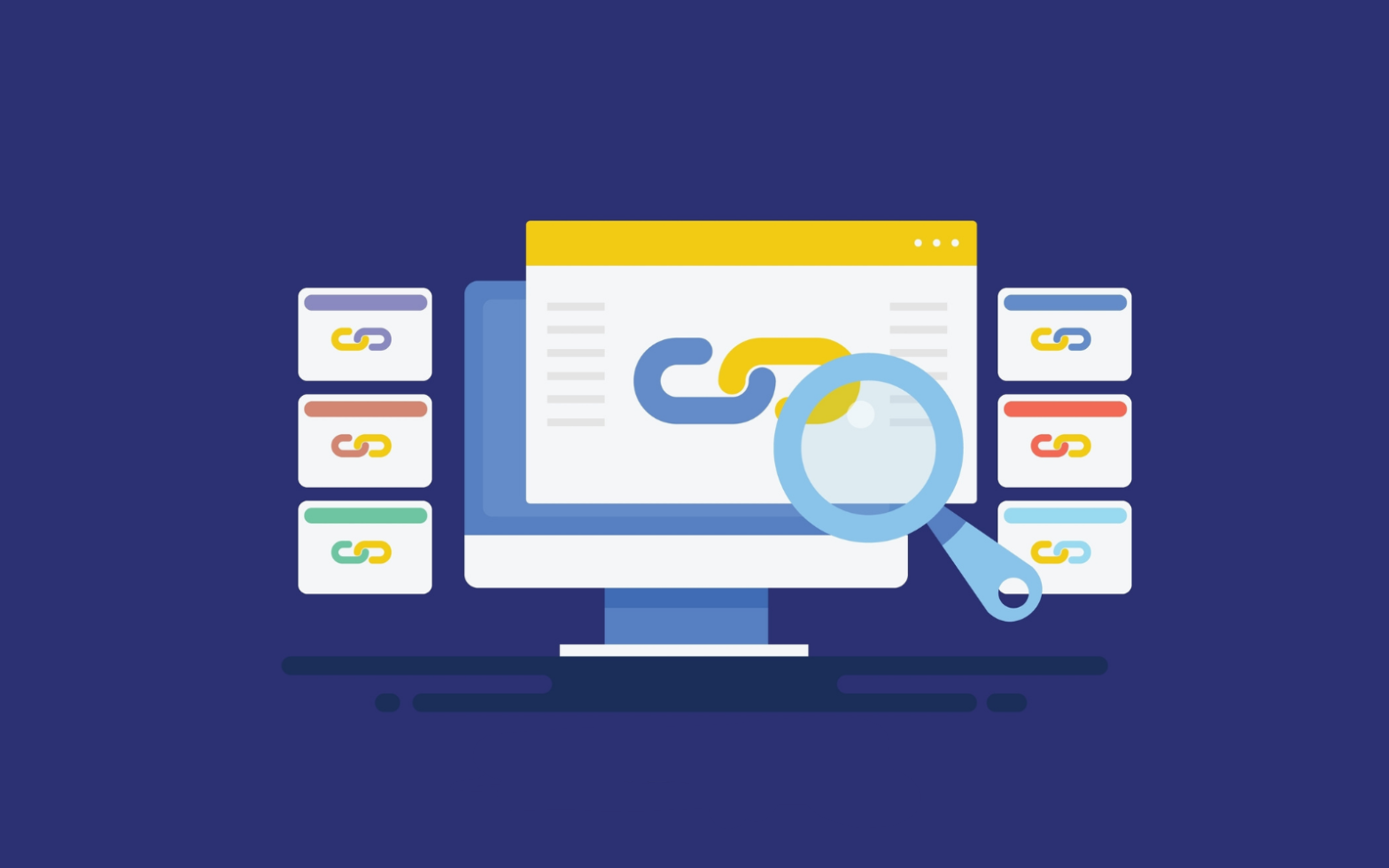How to Optimize Google Indexing Expert Tips for Better Website Performance

Google indexing is a crucial aspect of website performance and visibility on the internet. When your website is indexed by Google, it means that the search engine has crawled and stored information about your site in its database. This allows Google to display your site in search results when users enter relevant keywords.
Optimizing Google indexing can help improve your website’s ranking, increase organic traffic, and ultimately drive more conversions.
1. Create high-quality content: Content is king when it comes to SEO and Google indexing. Make sure your website offers valuable, relevant, and engaging content that resonates with your target audience. Regularly update your content to keep it fresh and informative.
2. Use proper HTML tags: HTML tags provide important information about the structure of your web pages to search engines like Google. Make sure you use proper title tags, meta descriptions, heading tags (H1-H6), alt text for images, and other HTML elements to help Google understand the context of your content.
3. Optimize page speed: Page speed is a critical factor in both user experience and SEO ranking. A slow-loading website can negatively impact fast google indexing and result in lower rankings. Use tools like Google PageSpeed Insights or GTmetrix to analyze and improve your website’s loading speed.
4. Mobile optimization: With the increasing number of mobile users, having a mobile-friendly website is essential for better Google indexing. Ensure that your site is responsive across different devices and screen sizes to provide a seamless user experience.
5. Submit XML sitemap: An XML sitemap helps search engines crawl and index all pages on your website efficiently. Submitting an updated XML sitemap to Google Search Console can ensure that all new or updated pages are indexed promptly.
6. Monitor crawl errors: Crawl errors occur when search engine bots encounter issues while crawling or indexing your site’s pages. Regularly check for crawl errors in Google Search Console and fix them promptly to ensure optimal indexing.
7.. Build quality backlinks: Backlinks from authoritative websites signal credibility and relevance to search engines like Google, leading to better indexing and higher rankings. 8.. Monitor index coverage report: The Index Coverage report in Google Search Console provides insights into which pages are indexed properly or facing issues. Regularly monitor this report to identify any indexation problems and take corrective actions.
By following these expert tips on optimizing google indexing, you can enhance yourwebsite’svisibility, drive more organic traffic, and ultimately boost conversions. Remember that SEOis an ongoing process, so regularly auditandoptimizeyourwebsite basedonthe latest industry trendsand algorithm updates.